Concert Review: Terence Blanchard at UC San Diego
Jan 22, 2023
As an answer to the philosophical question once asked by Barry B. Benson, “Ya like jazz?” I must say, “Why yes, yes I do.”
Although I collect jazz records and listen to jazz from a variety of nations including Japan and Brazil, I had never been to a jazz show before. However, that all changed when Grammy-award-winning jazz composer Terence Blanchard blessed the University of California, San Diego with his presence during a two-day event. On Martin Luther King Jr. Day, Blanchard gave a talk about his life and career along with UC San Diego’s Professor Emeritus of Music Cecil Lytle at The Guggenheim Theater in UCSD’s Park and Market. This talk was a part of the Helen Edison Lecture Series and was followed by a show with the E-Collective and Turtle Island Quartet on Jan. 17 in the Price Center East Ballroom.
Before Jan. 17, to me, jazz was simply the etched soundwaves on a record or a compressed MP3 file on a streaming website. Jazz was something that I could consume over and over again and have countless hours to ponder on, or, more realistically, simply consume for the sake of listening to music that I find enjoyable. No number of concerts could have prepared me for a jazz show like this because jazz simply isn’t like other genres of music. Jazz often doesn’t have lyrics for you to follow along. Yet, it isn’t like other lyric-less genres like EDM either — a mash-up of sounds whose only purpose is to give dopamine. While jazz does release dopamine, it does more than that. To paraphrase a point that Blanchard made during the show, jazz dares you. It dares you to think, not to simply consume, and to do so on the fly with only one listen is quite difficult. When you have the record or stream in front of you, you have the power to constantly change the imagery and themes you find in the record; it perhaps even changes through multiple listens.
While the nature of doing this during a live performance may be difficult, the beauty of Blanchard’s performance was that it gave me the instruments — pun intended — to easily construct a world and story in my own head, which, to me, is part of the beauty of the genre. From track to track, I couldn’t shake the image of someone — who I later established to be from the countryside — entering the big city for the first time. The first track establishes an almost seductive appeal of the city that leads into the next song where the tempo picks up, indicating that my character is entering the nightlife of the city in a drunken haze; they are lost and afraid but still in awe, only to be reminded of the concrete jungle they inhabit as the song speeds up, then feeling like all control is lost, only for the high to come to the close.
The third track felt like a reinforcement of the concrete jungle setting as Blanchard’s trumpet had a militaristic tempo that juxtaposed with the piano’s soothingness, reminding my character that, although the city is beautiful, you must always stay vigilant. This then contrasts with the following track which felt more reflective with its serene guitar and mellow trumpet. It feels like the day after the madness, wondering if this life is truly what they want. This is then followed by another night in town, represented by the next track: another seductive, jazzy song.
Suddenly, there’s a change in pace — during the show, the Turtle Island Quartet were given center stage to perform their own song — as my main character begins to have flashbacks of his life back in the countryside. The track feels folky and progressively gets faster and more jubilant, paralleling how one’s heart might race at the joy of the thought of home. This conflict between city and countryside all culminates with the last track as the piano and violin begin to have a conversation, the appeal of both the city and countryside pulling from each side, ebbing and flowing with one another. Although the piano took center stage for a good portion of the song, eventually all the instruments would introduce themselves. This was when I closed my eyes and put myself in the shoes of my character; I could see the variety of clashing shapes and colors hitting my head, causing me to be engulfed by the euphoric collections of sounds coming in from all angles. I nearly fell out of my chair, but just like that, the show was over with a climactic finish.
Although I didn’t receive a conclusion to the story that I derived from Blanchard’s performance, the mastery of his craft left me so speechless and satisfied that I felt like not having the ending made it a lot better. Having an ending means I have the whole story and could be subject to forgetfulness, but not having an ending means the story — this show — goes on forever in my mind.
Image courtesy of Helix Creative Solutions


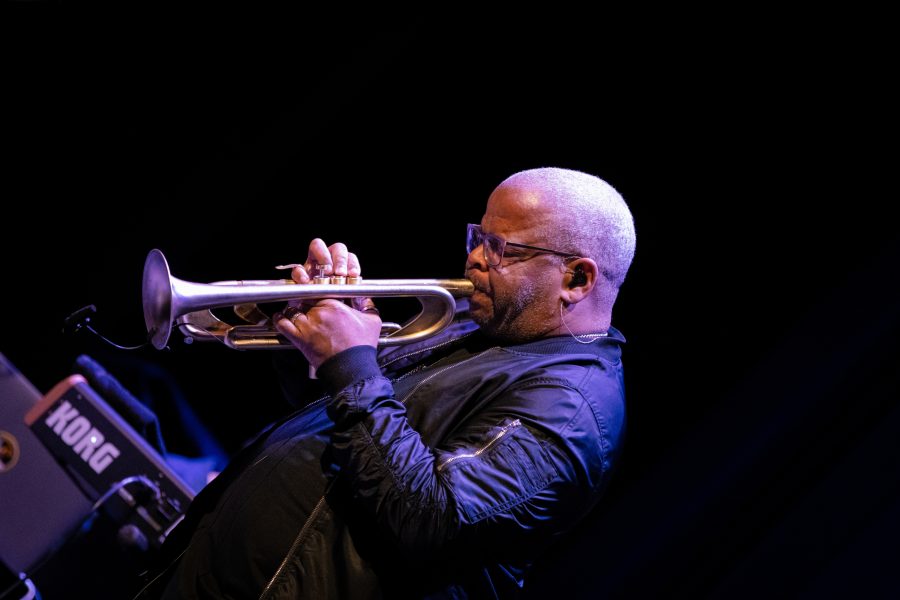
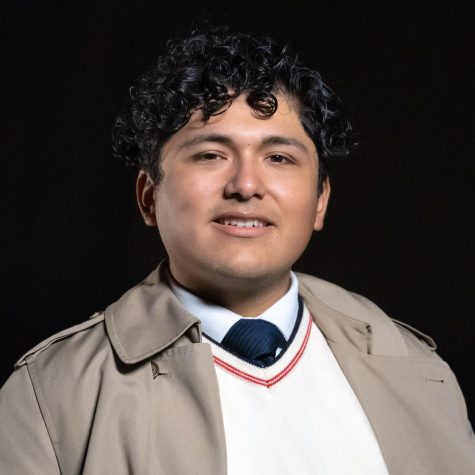





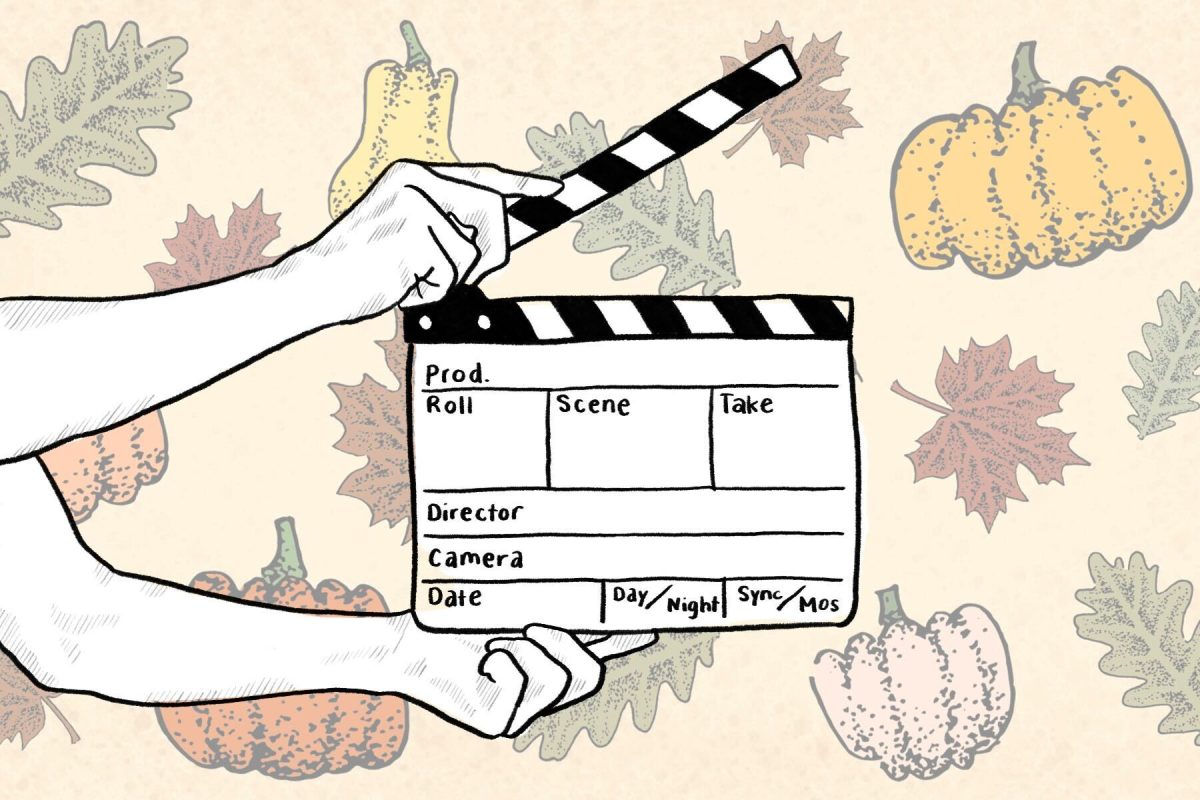
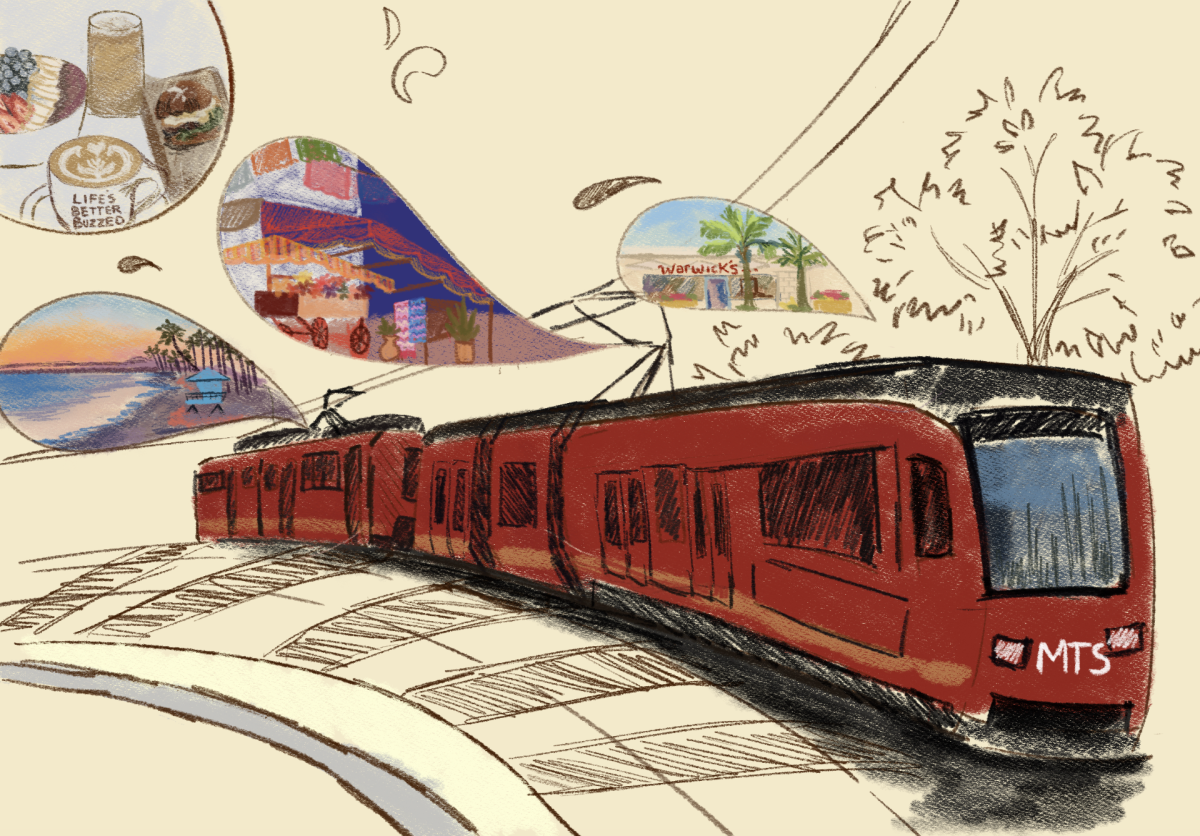
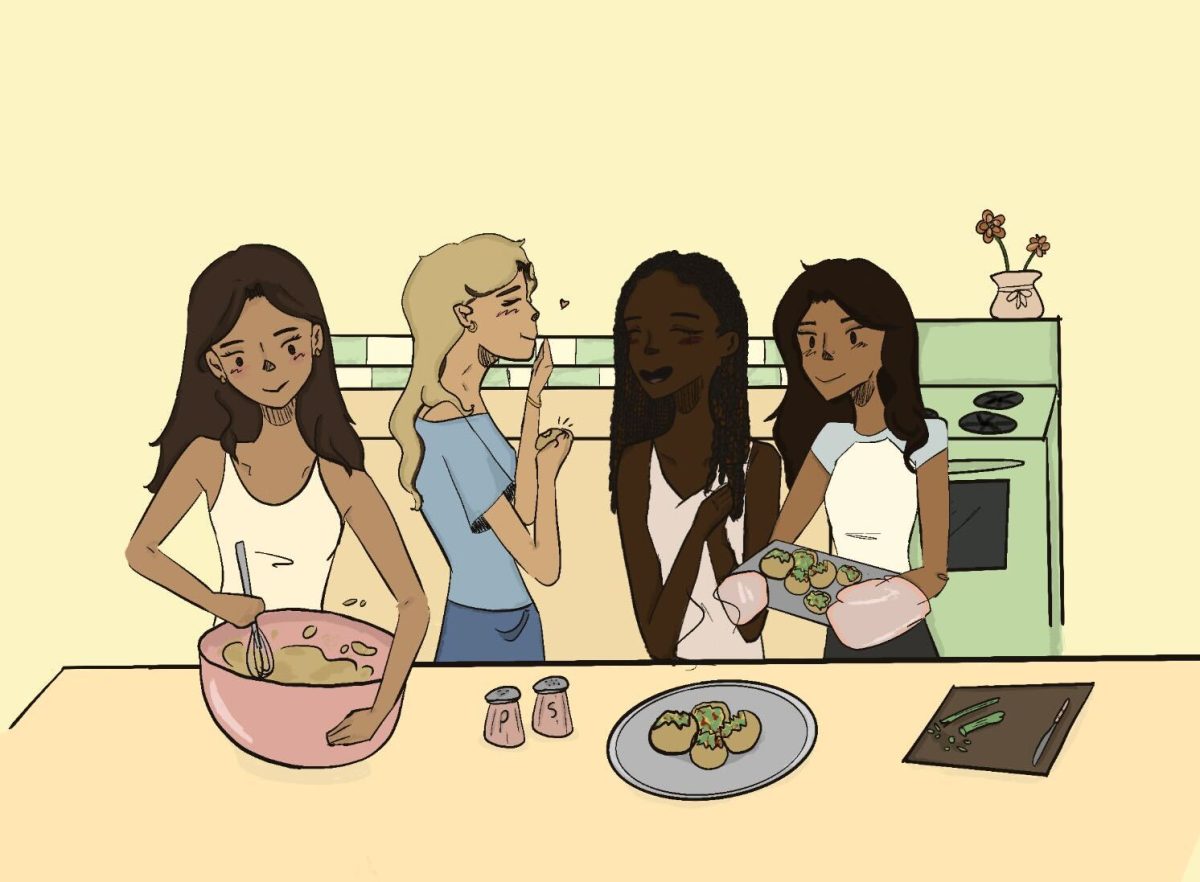
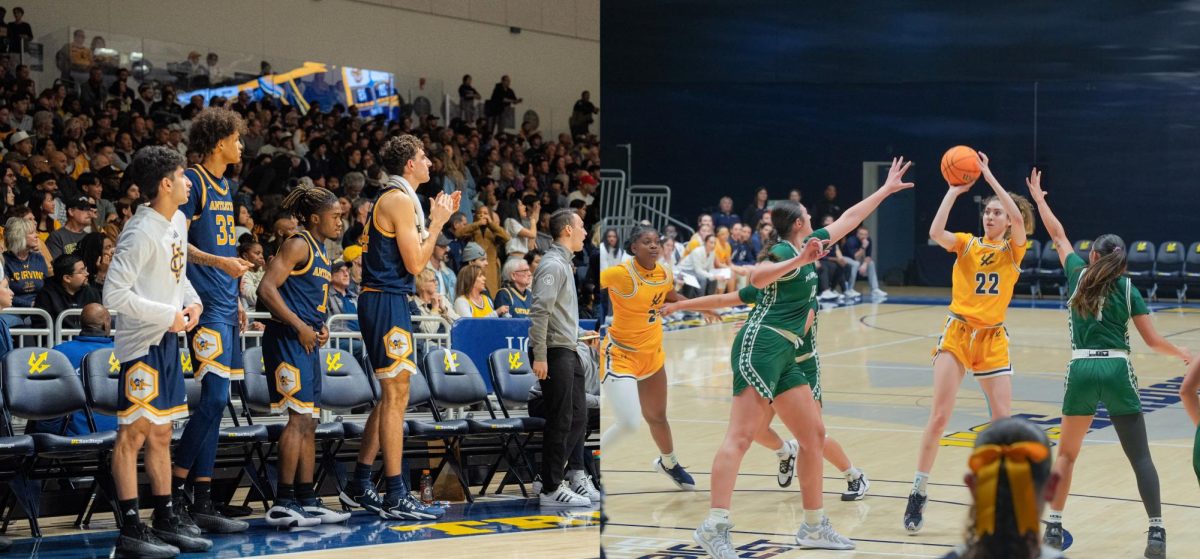
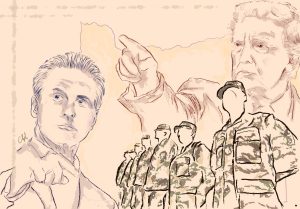



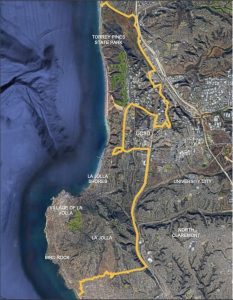
eva • Jan 23, 2023 at 12:45 pm
I earn more than $27,000 USD every month working part-time. I listened to several folks describe how much money they nd-02 would fairly expect to make online, so it’s still tough to say. It all became genuine, and it dramatically changed my life. Everyone should now kb-53 try their hand at this field of business. By accessing
.
.
This website———————— >>> GOOGLE HOME JOBS